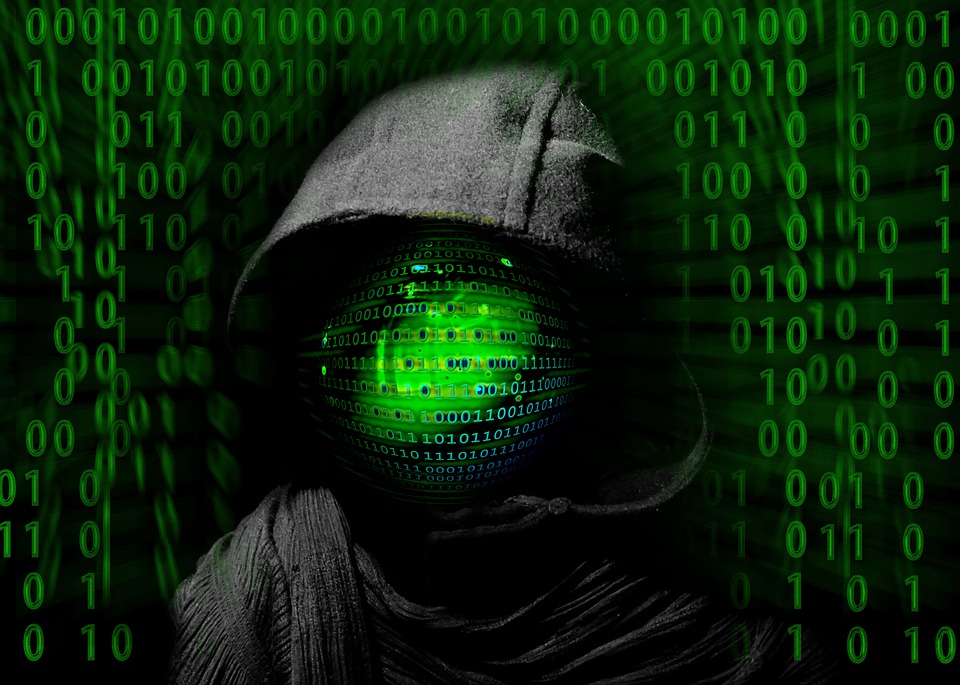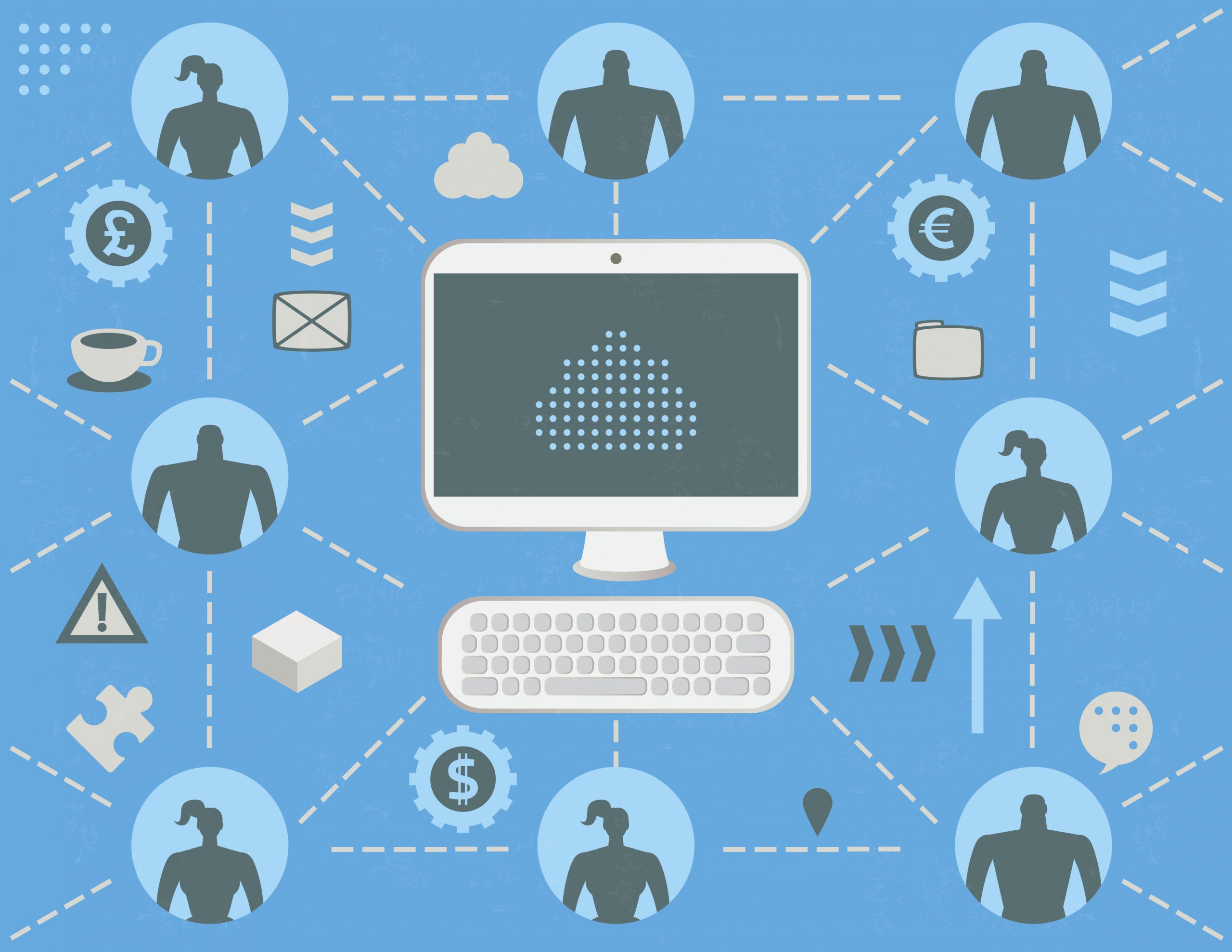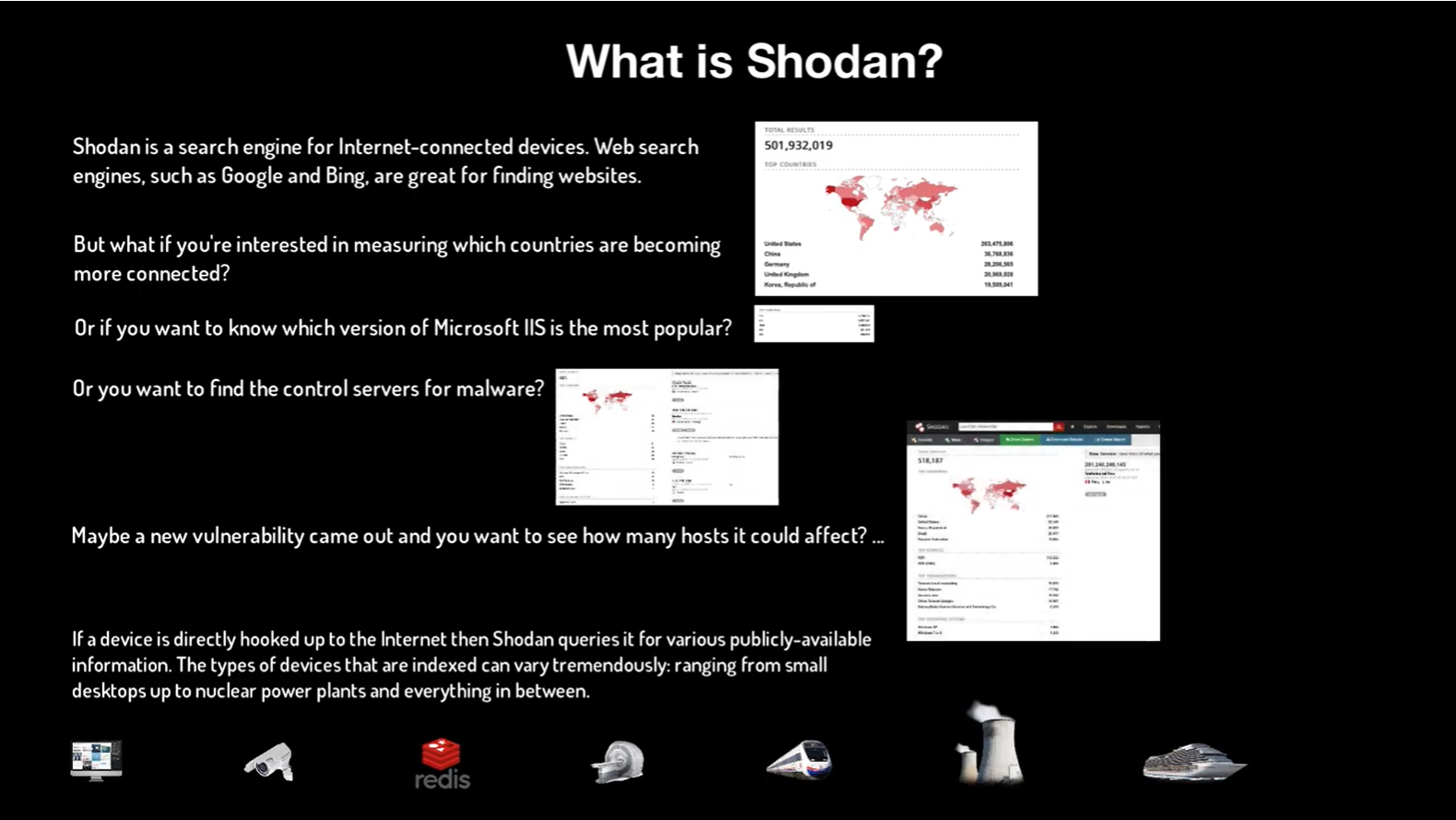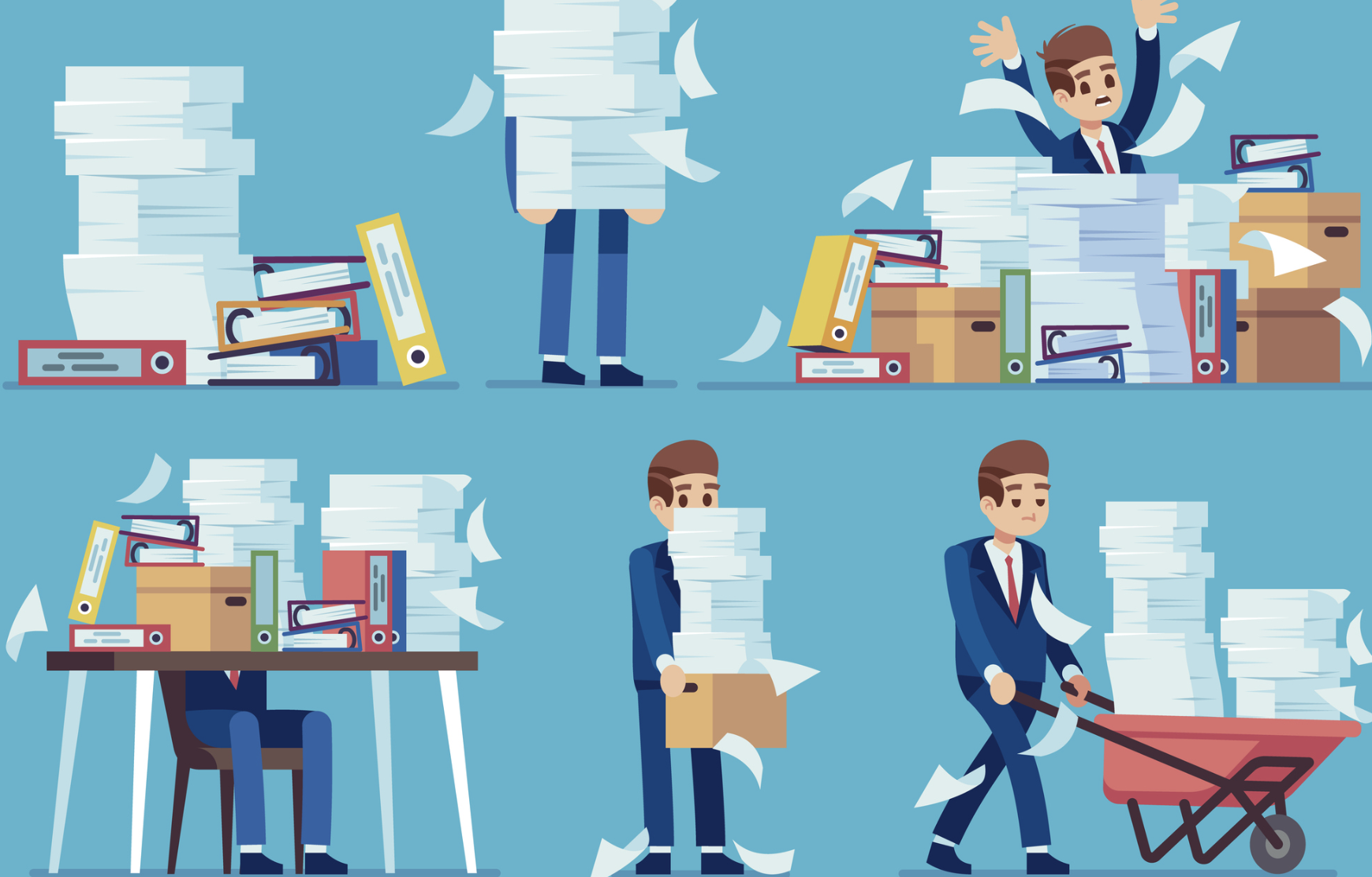The internet is a great place to connect with people, buy a car, learn something new, and even order dinner delivered to your door. To say it’s made things easier would be a tremendous understatement. We’ve made it a part of our daily lives so much that we depend on it for nearly everything. But there’s a scary part of the World Wide Web that isn’t talked about as often. It’s not as fun or friendly, and it’s a place that most of us will never go – but unfortunately, our personal and sensitive information may already be hiding there.
The place, known as The Dark Web, sounds a little like a comic book villain and is essentially a warehouse of stolen information obtained from data breaches. Almost daily, companies are having to notify their users and customers that their sensitive information has been compromised. The following are the different facets of the dark-net. If you suspect a security breach, chances are one or more of these things could happen to your personal information.
1. Database dumps
Everyone from financial institutions to healthcare organizations and dating websites are susceptible to database dumps. Dumps are when accounts from all over the internet are hacked, stolen, and then sold on the dark web.
2. Fraudulent IDs
The darknet is a hub for fake IDs. You’ll find everything from driver’s licenses and passports to social security cards. Often your identity and details about you could be used by someone else without you even knowing.
3. Fraudulent payment card
Because of advanced techniques like skimming and carding, or simply emailing your credit card information to someone, it’s easier than ever for your credit card information to land on the dark web. These details are then sold on the dark web and used without the credit card owner knowing – and even before the bank notices the suspicious activity.
4. Fraudulent tax returns
It just keeps getting scarier, doesn’t it? Fraudulent tax returns are flourishing all over the dark web. Meaning, hackers are getting to your tax returns before you get a chance to – and getting your refund!
5. Doxing
This is when one specific individual is targeted online by hackers trying to find as much personal information as possible including their actual location for malicious intent. Yea, we told you it’s a scary place.
6. How-to guides for opening new fraudulent account
Once a hacker has your information, they will then use those personal details to take out loans, open credit cards, even buy a house! Numerous guides are available to help criminals learn exactly how to do this illegal activity.
7. Bumbling dark web searching
If you’re curious about the dark web, it’s not a good idea to poke around. You could end up losing all your Bitcoin funds or accidentally become a part of illegal activity with feds suddenly at your door. There’s really never a good reason to surf the dark web, so avoid it at all costs.
As we remain vigilant about data security in both our personal and business lives, there are plenty of ways to increase your data security to keep yourself protected while you’re online. One way in particular is to never send sensitive information via email. Always use SENT, the most secure file transfer available. No file is too big and you can send your files to as many recipients as you choose – affordably!
